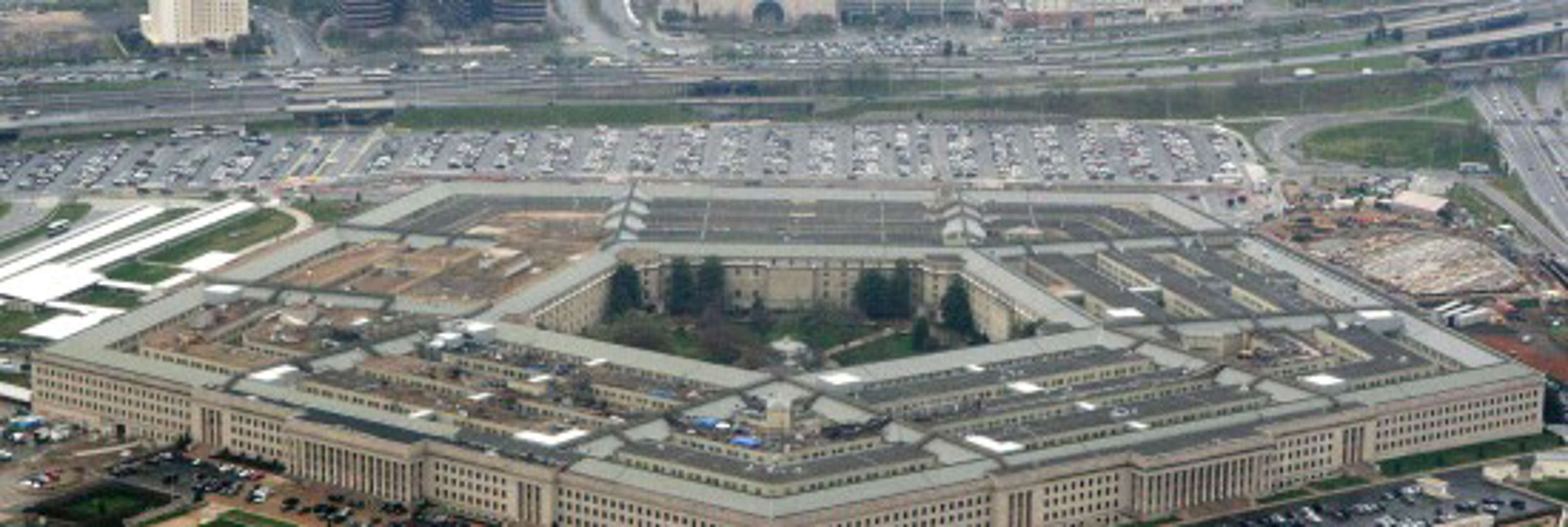
The Pentagon is seen in Virginia.© Provided by Washington Examiner
As US Military Files for Bankruptcy, the Creditors Keep Calling
Across the armed forces, service leaders continue to tout a military getting smaller and older as necessary to free up funds for other priorities. But on their paths to emerging fleets and inventories of 2025 (one short fiscal year from now, essentially), the military is hitting the iceberg of bankruptcy before the vaunted future ever arrives fielded and at scale.
The Navy is simply too small and unready to meet daily global demands for forces, much less confront challenges posed by China. Air Force leaders are telling combatant commanders they need to ask for less air power in the “give-and-take” of supply versus worldwide demand. The Marine Corps commandant has stated bluntly that his service is basically out of the crisis response business—too small and lacking amphibs to respond to allied earthquake victims, train outside of bases in Asia, and help evacuate America’s embassy in Sudan.
So-called divest to invest was always overly risky given the gap in combat power it creates while awaiting replacement or next-generation capabilities. When the newer equipment, technology or capability is delayed, there is no fallback option to mitigate risk. Pentagon leaders are forced to let the calls for help simply go to voicemail.
But there was never any evidence to support the overly optimistic assumption that the Pentagon’s Soviet-style acquisition system was going to deliver promised capability on time and in adequate numbers. The list of delayed weapons and equipment just keeps piling up.
While the Air Force struggles with pilot recruiting, training and retention, the service just got another dose of bad news. The new trainer aircraft, Boeing’s T-7A, has faced another delay. This will postpone its deployment until 2027, three years later than initially planned. It’s not just the trainers either—production of the F-15EX, the next-generation counterpart of the venerable F-15, has also slowed, resulting in uncertain delivery timelines.
The Air Force’s new intercontinental ballistic missile to replace the aging Minuteman III, the LGM-35A Sentinel, has just seen its “initial capability” ready date moved back a year from 2029 to 2030. The program is crucial to modernizing the nuclear triad, but has fallen victim to staffing shortfalls, clearance delays, tech challenges, and supply chain disruptions.
A recently released Government Accountability Office (GAO) report noted that the production of the Navy’s block five Virginia-class attack submarines has been taking over two years longer than expected. GAO notes that shipbuilders are struggling to meet the production goal of two ships per year. Explanations for the delay point to shipyard staffing shortages and lower work efficiency than estimated. Chief of Naval Operations Adm. Michael Gilday recently asserted “They [submarine builders] are under performing. They are over cost and way over schedule.”
Wait, there’s more, including:
- Helicopter engines,
- Bomber modernization,
- Air defense radars, and
- The new Air Force One.
All these necessary Pentagon programs are experiencing a barrage of delays.
That same GAO report on Pentagon procurement highlighted that more than half of major programs are experiencing delays, and for many of those programs, this is the second or third year in a row of continued deferments. While the particular reasons vary, the trend is stark: new weapon systems and modernization programs are often not meeting their set delivery schedules.
As delays ripple across the services, divest to invest has shown it is a failed approach. It is past time for leaders to admit the world does not take a pause while America attempts to catch up. Nature abhors a vacuum, and the US is increasingly falling behind—by choice.
From aei.org